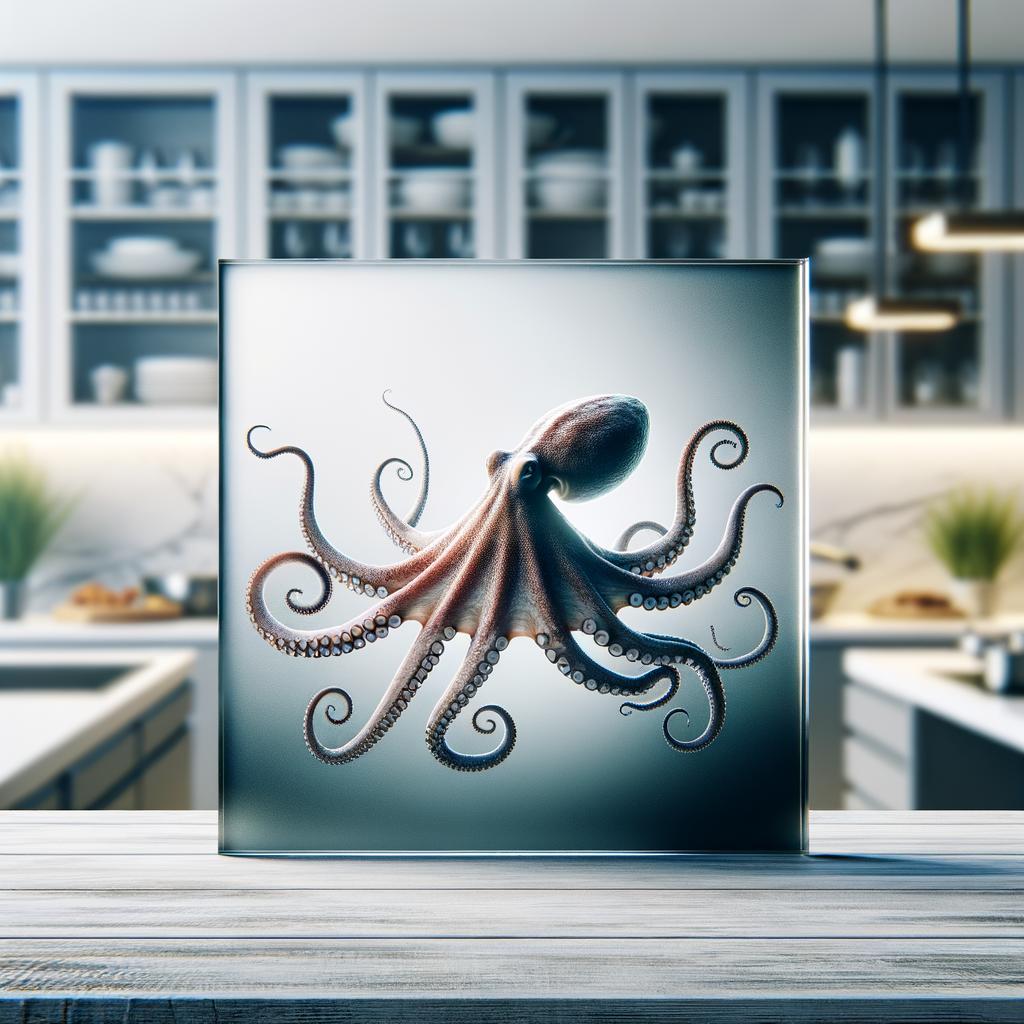Octopus

Description
The Octopus, an intriguing creature of the deep, is an ingredient that brings an air of mystery and exoticism to any dish. Its appearance is as unique as its taste, with a bulbous head, large eyes, and eight long, suction-cup adorned arms. Raw octopus has a rubbery texture, but when cooked properly, it transforms into a tender and succulent delight. Its flavor profile is mild, slightly sweet, and somewhat similar to that of squid and clams, but with its own distinct undertone that is unmistakably 'octopus'. The octopus's unique characteristic is its texture, which can range from chewy to melt-in-your-mouth tender, depending on how it's cooked.
Primary Uses
Octopus is a versatile ingredient that is used in a variety of ways across different cuisines. In Mediterranean cooking, it is often grilled or baked, served with a drizzle of olive oil and a sprinkle of lemon juice. In Japanese cuisine, octopus is a key component in dishes like Takoyaki (octopus balls) and sushi. In Korean cuisine, it's often enjoyed raw as Sannakji. Beyond culinary uses, octopus has been used in traditional medicine in some cultures, and it holds a significant place in various folklore and myths.
History
The use of octopus as a food source dates back to ancient times. In Mediterranean cultures, it has been a staple in coastal communities for thousands of years. There are even depictions of octopus in Minoan pottery from ancient Crete. In Asian cultures, octopus has been consumed for centuries, and it's deeply rooted in their culinary traditions. Over time, the use of octopus has spread worldwide, and it's now enjoyed in a variety of dishes, from Spanish 'Pulpo a la Gallega' to Hawaiian 'poke'. The octopus also has a rich history in folklore and mythology, often symbolizing intelligence, complexity, and mystery.
Nutritional Information
Octopus is a powerhouse of nutrition. It's low in fat, high in protein, and packed with essential vitamins and minerals such as Vitamin B12, potassium, iron, and selenium. It's also a good source of Omega-3 fatty acids, which are beneficial for heart health. Compared to other seafood like squid and clams, octopus has a similar nutritional profile, but it stands out for its high iron content. However, it's worth noting that octopus is high in cholesterol, so it should be consumed in moderation by those watching their cholesterol levels. All in all, the octopus is not just a culinary delight, but also a nutritious ingredient that can be a part of a balanced diet.

